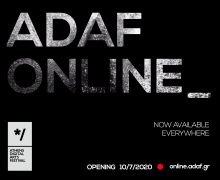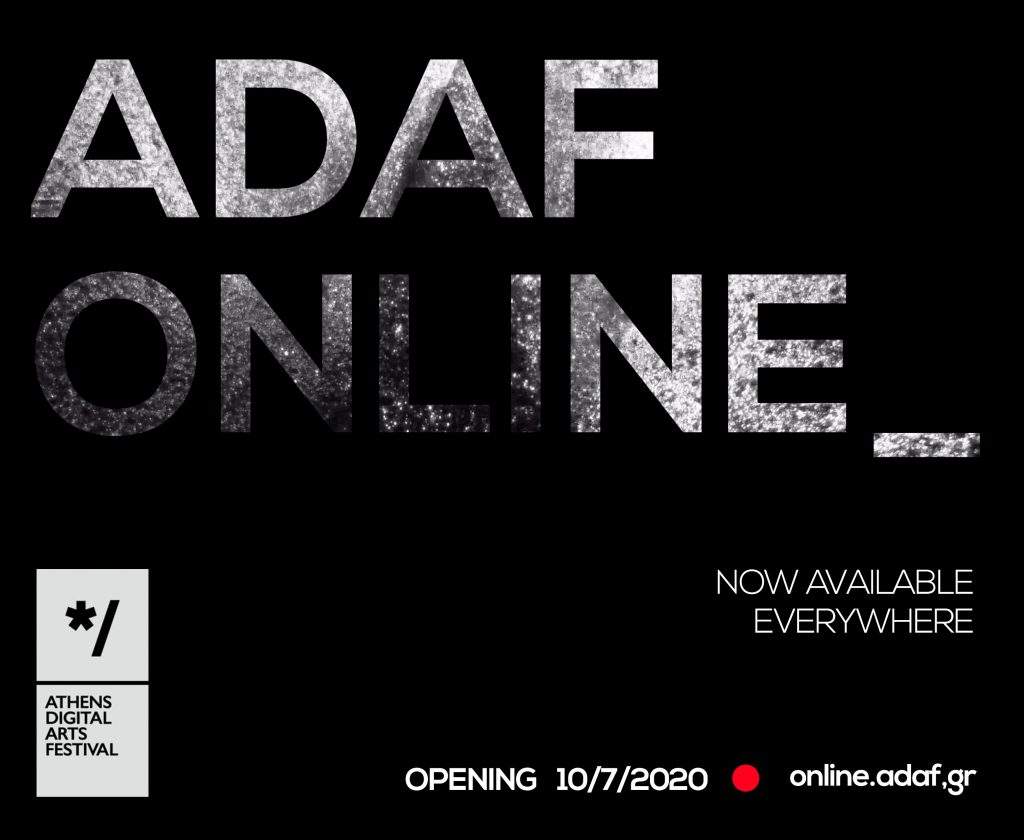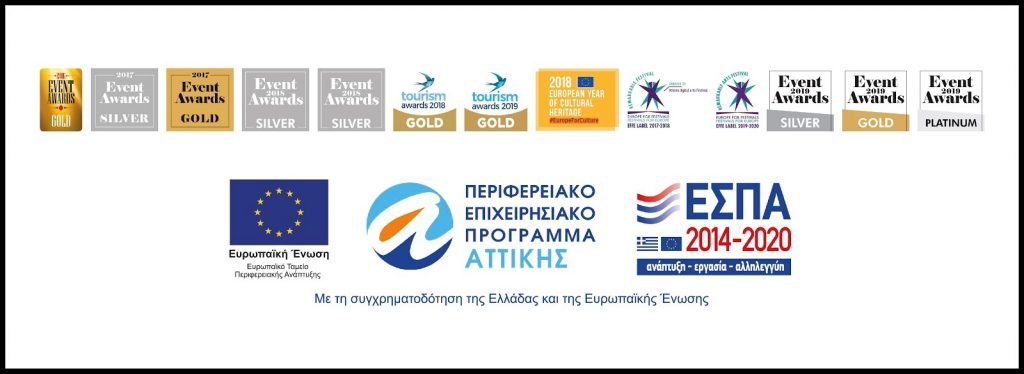Nelson Mandela Centre of Memory, a unique access point to the digital collection of fragmented and scattered documents of Mandela's archive
Text by Caterina Sbrana.
The Nelson Mandela Foundation (NMF), founded in 1999 by Nelson Mandela also known as Madiba, is a non-profit organisation committed to promoting Madiba’s living legacy through the collection of all documentation scattered throughout the world. The aim of NMF is to collect this vast resource, facilitate the access to it and promote its preservation and use. To achieve this goal, NMF records where documents are stored and enters into partnerships, to ensure that they are preserved and accessible.
As we approach Nelson Mandela International Day or Mandela Day celebrated on July 18th (Mandela’s birthday) we consult part of the archive dedicated to Madiba.
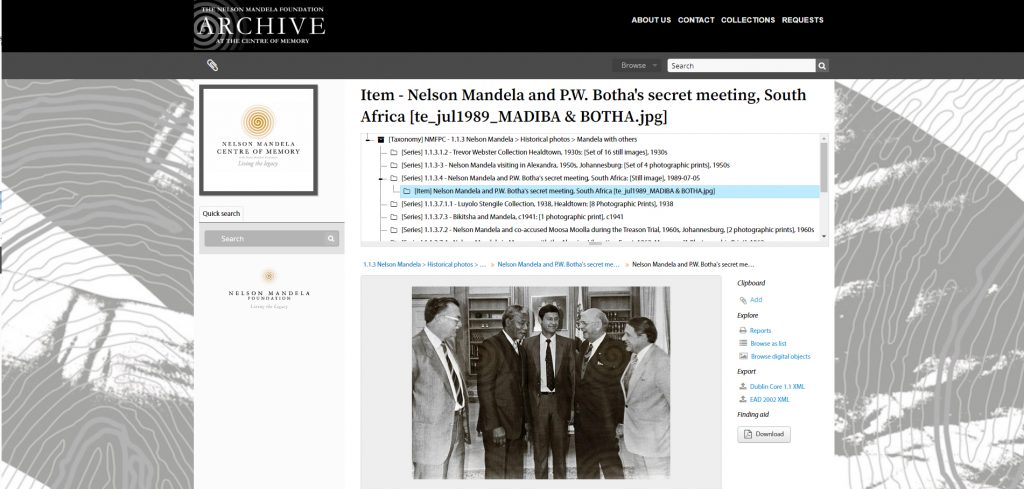
Nelson Mandela and P.W. Botha’s secret meeting, South Africa – Repository: Nelson Mandela Centre of Memory -Name of creator: Ehlers, Ters (Private secretary to President Botha). Image from https://archive.nelsonmandela.org website.
To understand the meaning of the project, just read the presentation. “The Mandela archive is fragmented and scattered all over the world in various places. […] However, a small amount has been collected since the establishment of the Centre of Memory in 2004, which has been categorised into […] archive groups and special collections. As these records and collections are organised and processed, the finding aids to them will be made available”.
The Nelson Mandela Centre of Memory delivers the core-work of the Nelson Mandela Foundation, and digital materials provided on its platform are for research purposes. The online archive is divided into thematic groups to provide user-friendly access: Records, Awards, Papers, Photographs, Sound and Video, Speeches, Bibliography and Filmography.
The Photographic Collection includes various historical photos.
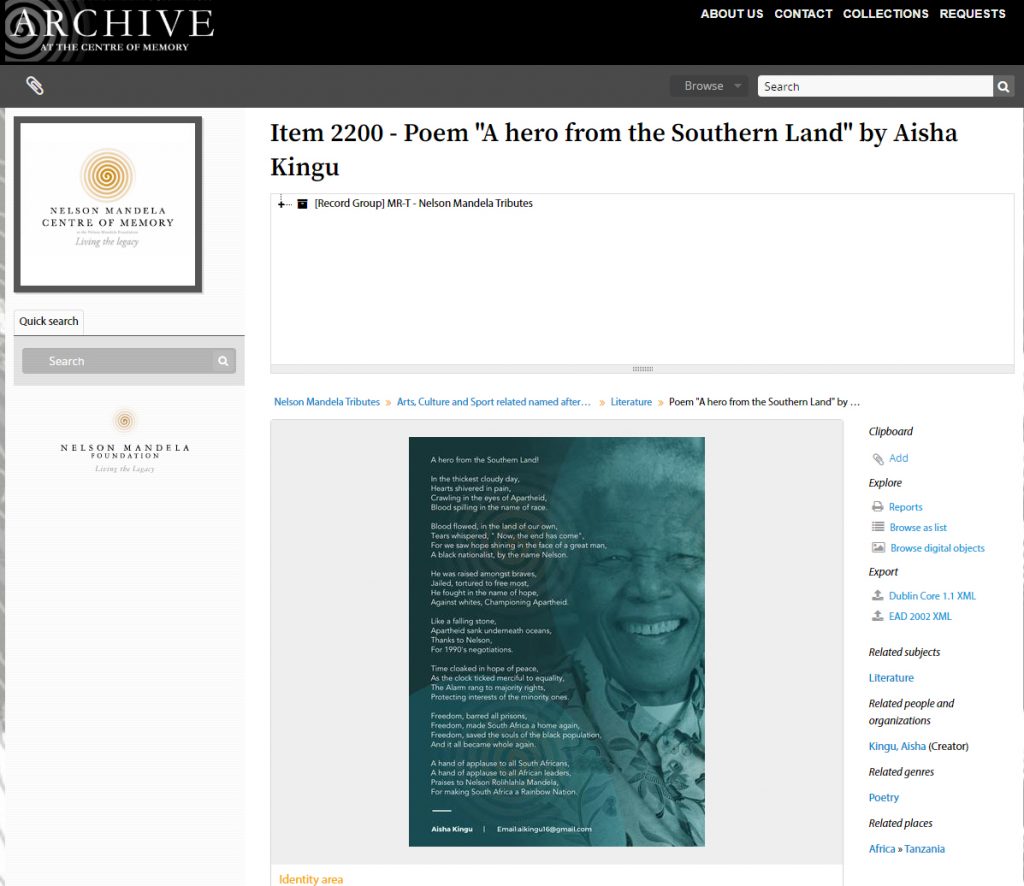
Photo of Madiba with a poem: “A hero from the Southern Land” by Aisha Kingu – We knew that the text was sent through an e-mail by Aisha Kingu to Mandela- Repository: Nelson Mandela Centre of Memory. Image from https://archive.nelsonmandela.org website.
In the Private and Personal section there are photographs that reproduce the passport of Mandela while in the Tributes section you can find different kind of awards to Madiba.
The Speeches section consists of interviews, speeches, messages, media releases, testimony, lectures, toasts, oaths and declarations made by Nelson Mandela.
Consulting this site, every researcher interested in the life of Nelson Mandela finds an incredible amount of information, even very nice and special ones. I can mention a few: from 2 December 1994 to 12 January 1995 there was in South Africa a Mandela Trophy for cricket; in Kampala, Uganda, there is the Mandela National Stadium; in the section Awards there is a subseries called “Human geography named after Mandela” and many more curiosity can be found.
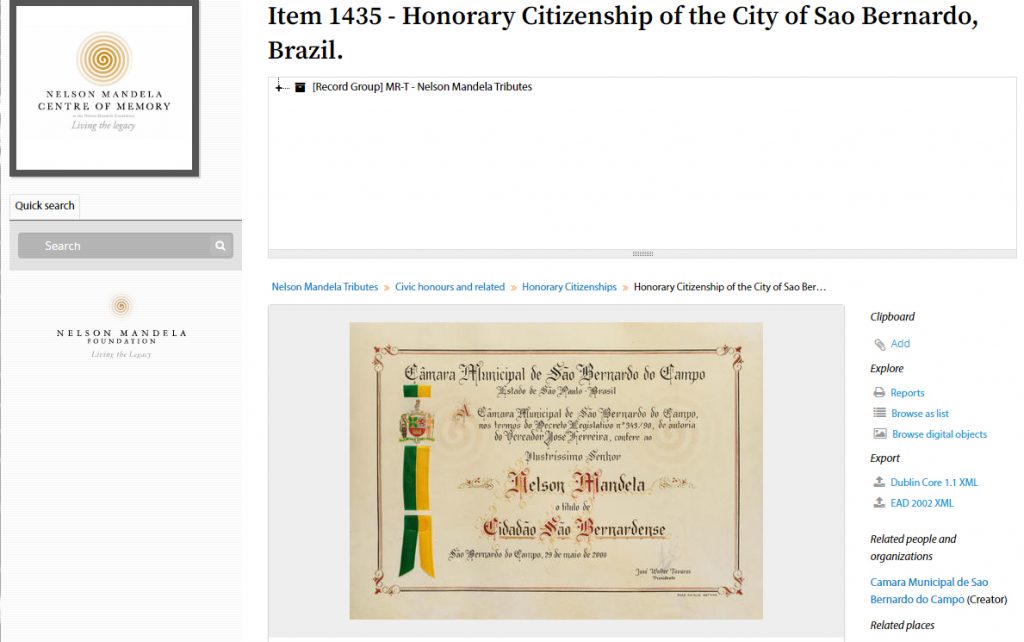
Honorary Citizenship of the City of Sao Bernardo, Brazil. 2000. Repository: Nelson Mandela Centre of Memory. Image from https://archive.nelsonmandela.org website.
The collection, series and archival records contained within the Access to Memory (AtoM) instance, a web-based open source application for “standard-based archival description and access in multilingual, multi-repository environment”, is an effort to capture both local and international repositories as well as to describe the collections hold at the Nelson Mandela Centre of Memory.
To this revolutionary but at the same time pacifist man, leader of the anti-apartheid movement that costed him prison in 1956 on charges of treason, the United Nations in November 2009 dedicated, even before his death in 2013, UN Mandela Day celebrated for the first time on 18 July 2010.
It is not difficult to understand how the work of collecting documents by the Nelson Mandela Foundation is of fundamental importance for our present and future generations.
https://archive.nelsonmandela.org/index.php/about
https://atom.nelsonmandela.org/index.php/za-com-nmfpc-nmf-photographic-collection
https://archive.nelsonmandela.org/index.php/za-com-mr-t-7-6-2200
https://archive.nelsonmandela.org/index.php/za-com-mr-t-1435
https://atom.nelsonmandela.org/index.php/te-jul1989-madiba-botha
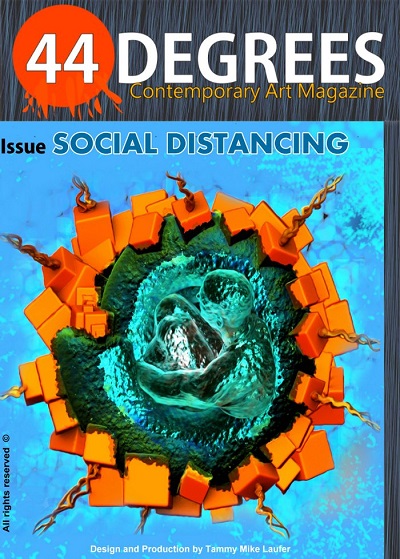 NEW issue from 44DEGREES online art magazine. The subject of this issue is SOCIAL DISTANCING, which we all have been asked to respect and follow due to the COVID-19 crisis.
NEW issue from 44DEGREES online art magazine. The subject of this issue is SOCIAL DISTANCING, which we all have been asked to respect and follow due to the COVID-19 crisis.

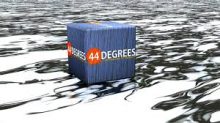
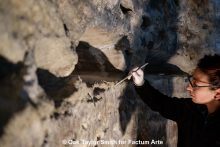
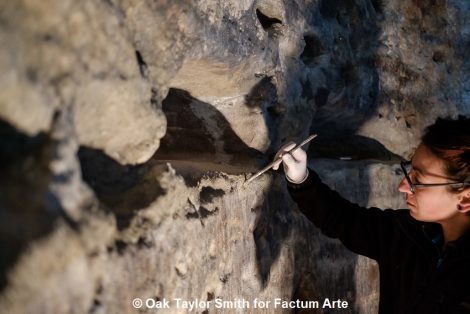 The site of Risco Caído was incorporated into the UNESCO World Heritage List in 2019 as ‘
The site of Risco Caído was incorporated into the UNESCO World Heritage List in 2019 as ‘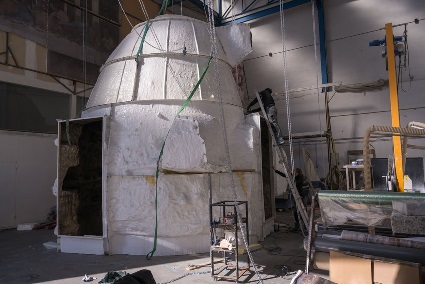 © Oak Taylor Smith for Factum Arte
© Oak Taylor Smith for Factum Arte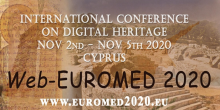
 The newly established UNESCO and European Research Area (ERA) Chairs on Digital Heritage are announcing the International Web-Conference EuroMed 2020 dedicated to
The newly established UNESCO and European Research Area (ERA) Chairs on Digital Heritage are announcing the International Web-Conference EuroMed 2020 dedicated to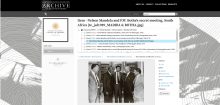




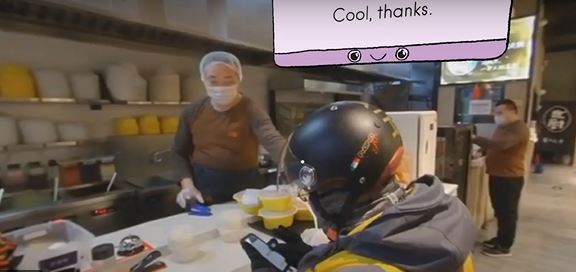 You can go to Beijing: this interactive experience, shot when China began its lockdown in January 2020, is a “playable documentary,” has players tag along with a food courier in Beijing.
You can go to Beijing: this interactive experience, shot when China began its lockdown in January 2020, is a “playable documentary,” has players tag along with a food courier in Beijing.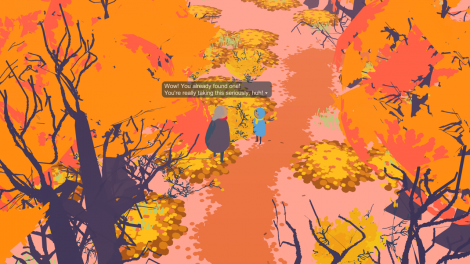 You can go to the Dutch countryside with your grandmother: in this game you and your grandma can take a long walk in the lush woods looking for some mushrooms. In this case the natural landscape is rendered in abstract artwork.
You can go to the Dutch countryside with your grandmother: in this game you and your grandma can take a long walk in the lush woods looking for some mushrooms. In this case the natural landscape is rendered in abstract artwork.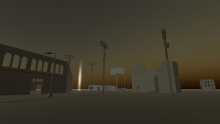

 Would you like to know what it is like to be in the midst of the 2019 protests in Hong Kong? This is your game: the sights, sounds, and stresses feel gritty and real and the sense of immersion is incredible, it’s not for the faint-hearted!
Would you like to know what it is like to be in the midst of the 2019 protests in Hong Kong? This is your game: the sights, sounds, and stresses feel gritty and real and the sense of immersion is incredible, it’s not for the faint-hearted!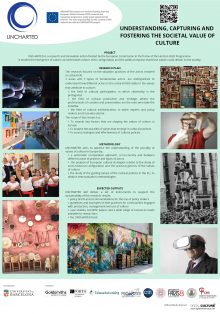
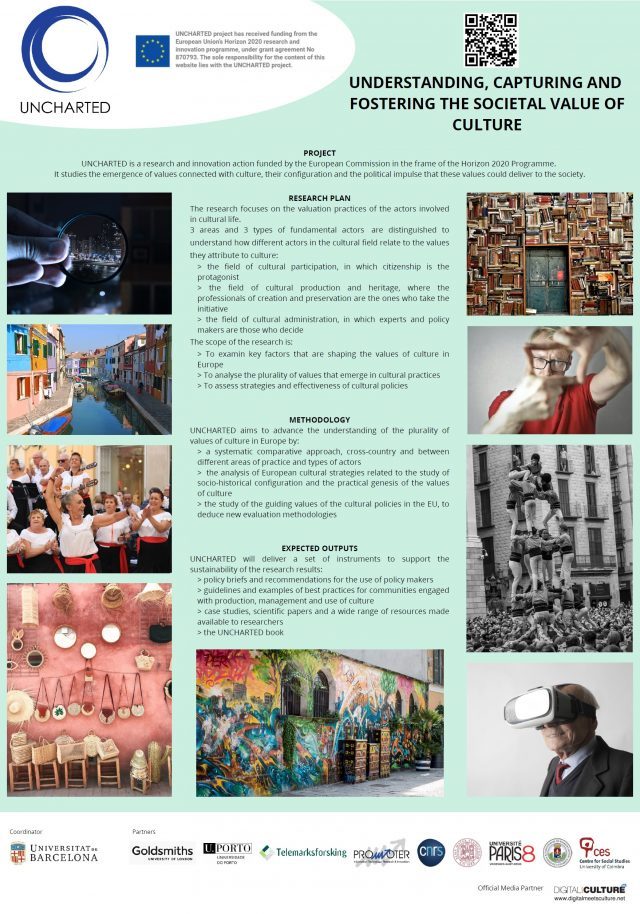 The
The 
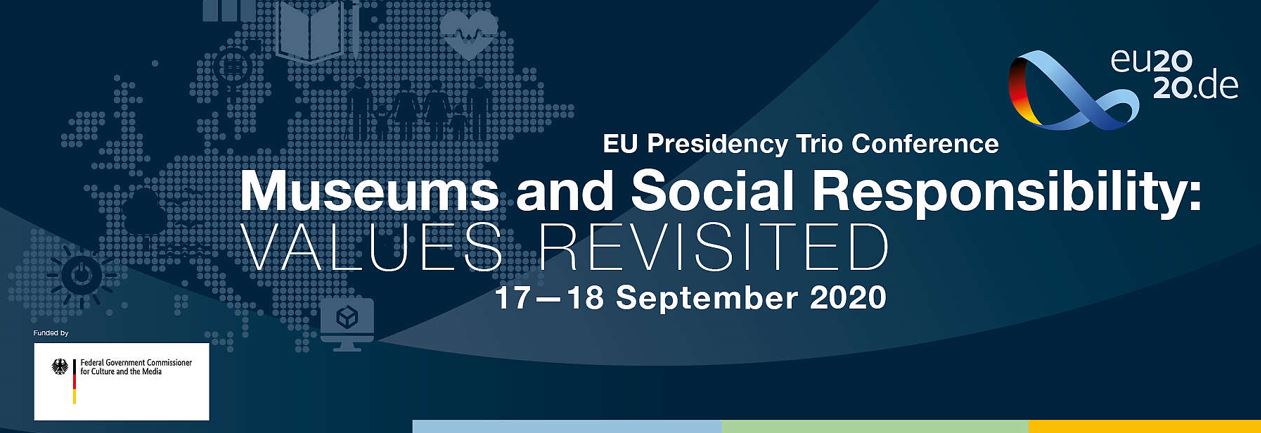
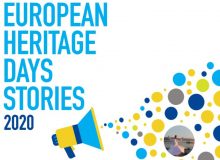
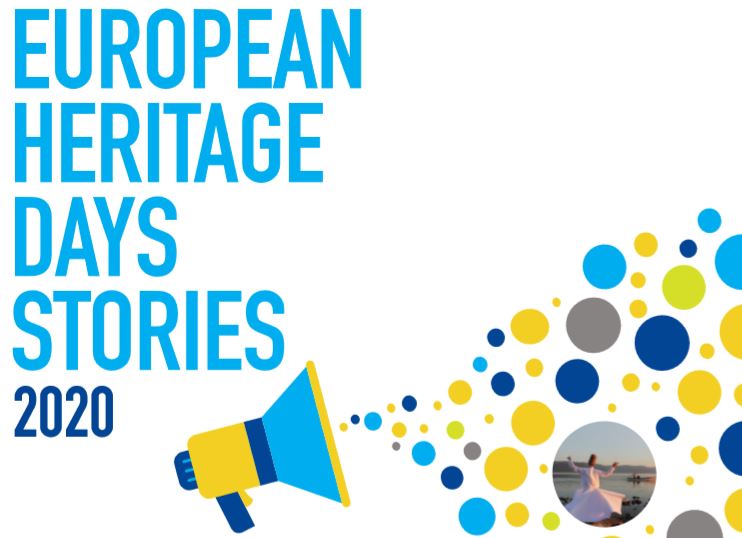 The European Heritage Days
The European Heritage Days 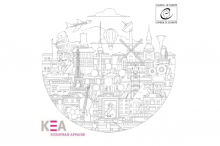
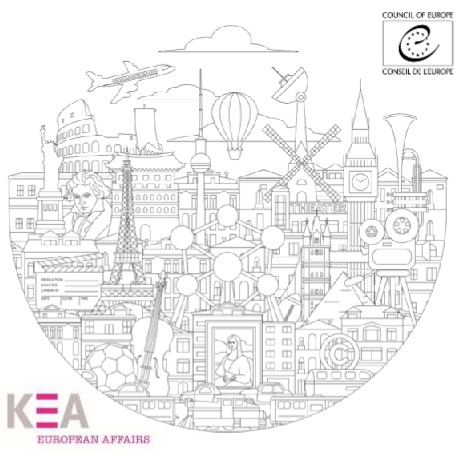 The Cultural and Creative Sector (CCS), comprises all the sectors whose activities are based on cultural values, or artistic, creative expressions.
The Cultural and Creative Sector (CCS), comprises all the sectors whose activities are based on cultural values, or artistic, creative expressions.